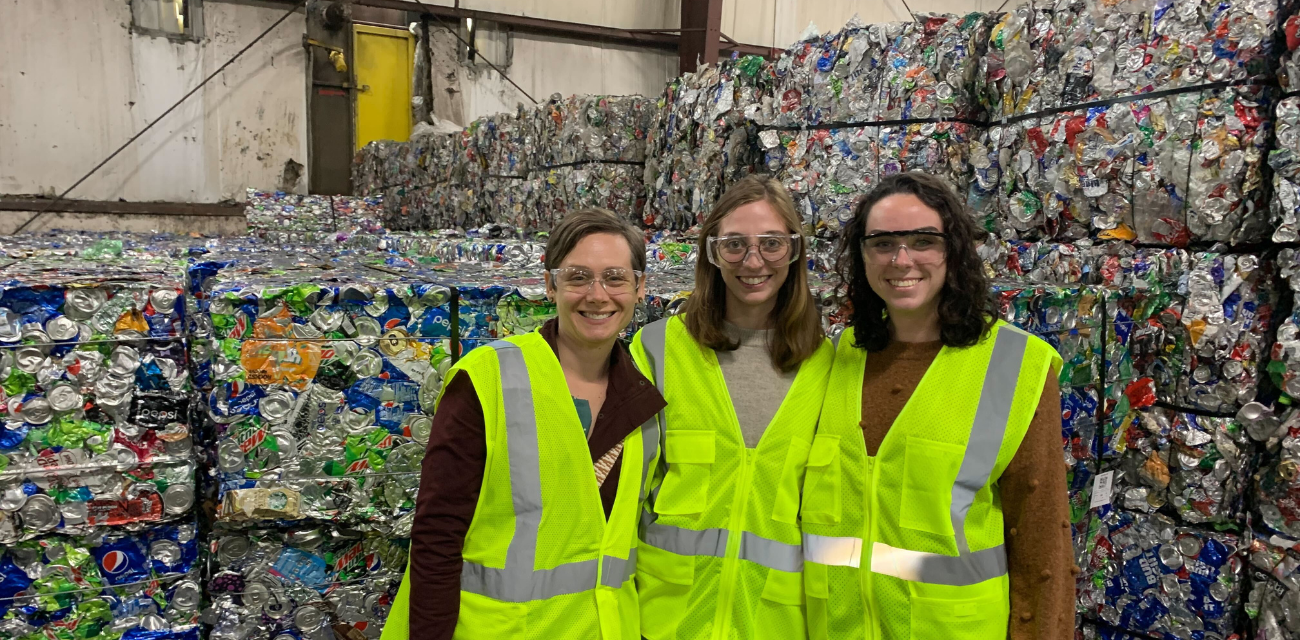‘Bottle Bill’ will clean up litter, expand deposit system

Authored by

Beau Brockett Jr.
If passed, most bottles and cans could be returned
Sen. Sean McCann (D-Kalamazoo) and Rep. Christine Morse (D-Portage) introduced legislation to update and expand Michigan’s 40-year-old “Bottle Bill” law. The Michigan Environmental Council will advocate and educate with them for its passage.
Senate Bill 167 and House Bill 4331 would expand the state’s current 10-cent deposit on certain soft drinks, beer, and other carbonated beverages to all other non-carbonated beverages, except for milk containers.
“Michigan’s four decade-old ‘Bottle Bill’ was an innovative approach to promote recycling and prevent littering,” said McCann. “It is the most widely used and accepted state conservation program in state history, and it is time for us to build on that success. We have established a strong recycling culture and it makes no sense that Michigan residents aren’t able to return a deposit on plastic water bottles and other single-use containers.”
Until 2018, Michigan retained a 90% bottle and can deposit return rate, and since 2000, a typical yearly refund total ranged from $346 million to $425 million. With the COVID-19 pandemic, Michigan’s unclaimed deposits, known as escheat, are expected to skyrocket upwards from the record high of $42.8 million in 2018. When this happens, 75% of the money will be allocated to the state’s Cleanup and Redevelopment Trust Fund, while the other 25% gets returned to Michigan’s retailers.
House Bill 4331 is Rep. Morse’s first bill introduced as a state representative since taking office in January 2021.
“With these updated, comprehensive approaches to our current recycling system, Michigan citizens will have even more incentives to recycle,” Morse said. “These improvements, and additional revenue, will help generate needed funds to protect and preserve our natural resources for generations to come.”
Among other reforms, the bills would:
- Permit universal redemption, allowing consumers to take any recyclable bottle to a large store while allowing smaller stores to maintain smaller takebacks.
- Create a bottle handling fund to reimburse distributors and dealers on a per-bottle-basis.
- Make funding available for audits and fraud enforcement.
- Provide $25 million each year to address contaminated sites.
“When the Bottle Bill was first enacted, people couldn’t imagine the quantity or variety of single-use beverage containers we consume every day, especially the amount of bottled water or the sheer variety of Michigan brewed craft beer,” said Sean Hammond, policy director at the Michigan Environmental Council. “Expanding the number of containers covered by the 10-cent deposit, and making it easier to return any bottle to any major store, is a consumer-friendly change that not only keeps our environment clean, but makes returning bottles and cans even more convenient for Michiganders.”
“Our state’s bottle deposit program was passed with overwhelming public support and has been a success in reducing litter, generating high-quality recyclable materials, and providing funds to clean up toxic contamination that threatens our health,” said Nick Occhipinti, government affairs director for the Michigan League of Conservation Voters. “This commonsense legislation builds upon the success of our current bottle return program and will ensure the continued provision of much needed funds to clean up contaminated sites and ensure Michiganders have clean, safe drinking water.”
Discover
Power environmental change today.
Your gift to the Michigan Environmental Council is a powerful investment in the air we breathe, our water and the places we love.
Sign up for environmental news & stories.
"*" indicates required fields




